NIDDK
-
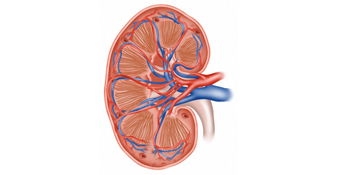
Low oxygen could protect sick kidneys
Low oxygen – and the activation of factors that respond to this situation – may be protective in chronic kidney disease. Read MoreJun 28, 2012
-

Beta cell imaging could help spot diabetes earlier
Vanderbilt researchers have developed a biomarker for beta cells that could make it easier to detect diabetes earlier. Read MoreMay 23, 2012
-
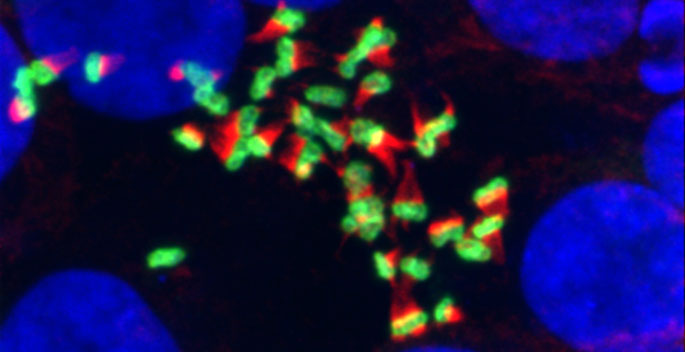
Intestinal artillery launches anti-bacterial attack
The epithelial cells that line the intestines have a newly discovered mechanism for protecting us against microbes: they fire anti-bacterial "bullets" into the gut. Read MoreMay 14, 2012
-

Early stomach troubles augur anxiety
Children with stomach troubles grow up to be anxious adolescents and young adults, according to a recent study. Read MoreMay 2, 2012
-
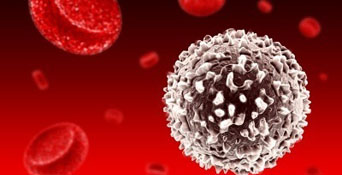
Targeting post-transplant diabetes
Targeting diabetes that develops after a stem cell transplant may help moderate graft-vs.-host disease, an adverse effect of the procedure, and improve outcomes. Read MoreApr 12, 2012
-

Plant compound quells inflammation
Berberine, an herbal remedy for diarrhea and intestinal parasites, may be an effective treatment for gastrointestinal inflammatory diseases. Read MoreApr 6, 2012
-

Obesity turns “good” cholesterol bad
Studies offer new insights into how obesity impairs the function of HDL, the “good” cholesterol. Read MoreMar 21, 2012
-
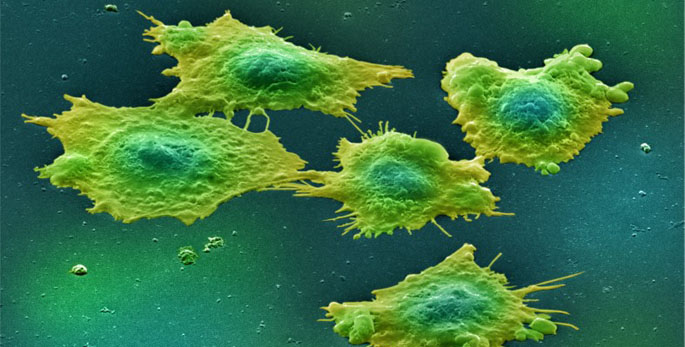
Colon cancer’s cellular crossroads
New information about signaling pathways involved in colorectal cancer could aid in assessing prognosis and identifying new therapeutic targets for the disease. Read MoreMar 16, 2012
-
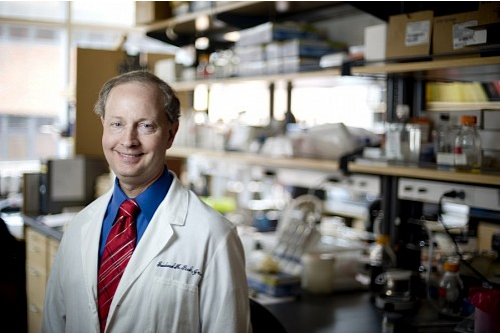
Digestive disease research bolstered by grant renewal
The Vanderbilt Digestive Disease Research Center celebrates its 10th anniversary this year with a second five-year renewal of its federal research grant. Read MoreJan 20, 2012
-

Pumping up the pancreas in pregnancy
A strain of mutant mice provide a novel model for studying glucose intolerance and gestational diabetes during pregnancy and suggest that certain molecules may be useful for therapeutic applications. Read MoreJan 20, 2012
-
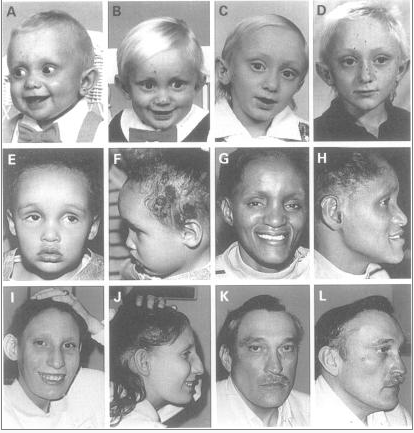
Clues to flattened faces
Images of individuals with Alagille syndrome (National Institutes of Health) Mutations in the Jagged1 gene cause Alagille syndrome, an inherited disorder that affects the liver, heart, kidneys and facial structure. Patients with Alagille syndrome often have a prominent forehead, a flattened midface and a prominent chin; some have a cleft… Read MoreJan 5, 2012
-

Meds’ benefits differ in dialysis patients
About half of kidney patients will die from heart disease within five years of starting dialysis, yet patients with kidney failure are rarely included in heart disease research. Jorge Gamboa, M.D., T. Alp Ikizler, M.D., and Nancy Brown, M.D., completed a small study that suggests a more personalized approach to… Read MoreJan 5, 2012
-

Young stem cells counter kidney aging
Young bone marrow cells alleviate aging-related kidney changes in mice. Read MoreDec 15, 2011
-
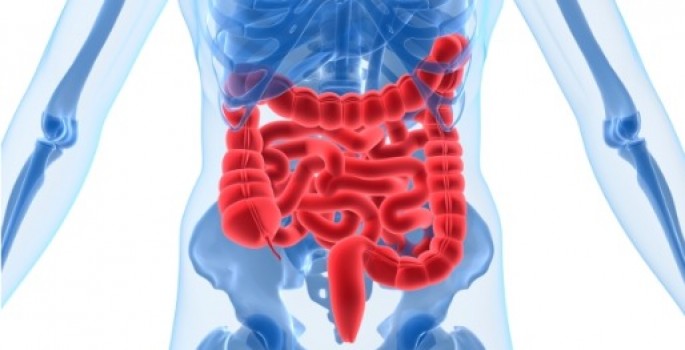
Pathway to colon cancer progression
Molecular players involved in colon cancer progression could provide new biomarkers to indicate invasiveness and prognosis. Read MoreDec 1, 2011
-

Protein family key to aging linked to suppressing tumors
The list of aging-associated proteins known to be involved in cancer is growing longer, according to research by investigators at Vanderbilt-Ingram Cancer Center and the National Institutes of Health. Read MoreOct 28, 2011
-
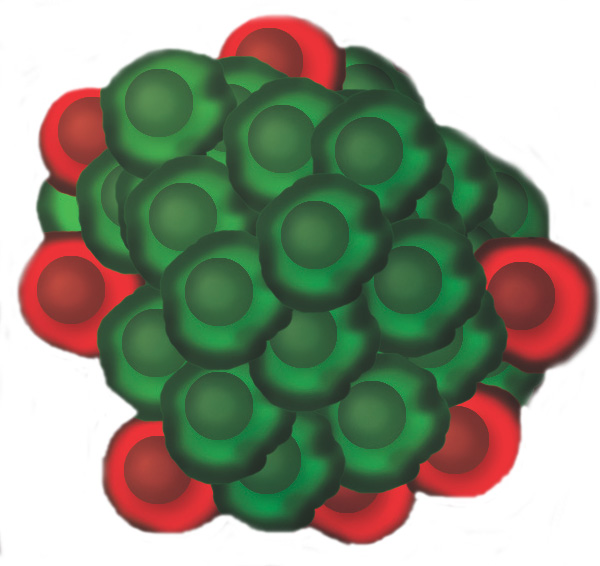
Growth factor boosts beta cells
A growth factor may help grow transplantation-quality pancreas cells for treating diabetes. Read MoreOct 21, 2011
-

Initiative to help ‘translate’ diabetes research advances
The new Center for Diabetes Translation Research will translate scientific breakthroughs into practices that can be applied in the doctor’s office and the patient’s home. Read MoreOct 21, 2011
-

Diversity key in antibody repertoire
Antibodies to the 2009 H1N1 influenza strain reveal new insights into how antibody diversity forms and functions, with possible implications for designing flu vaccines. Read MoreOct 7, 2011
-
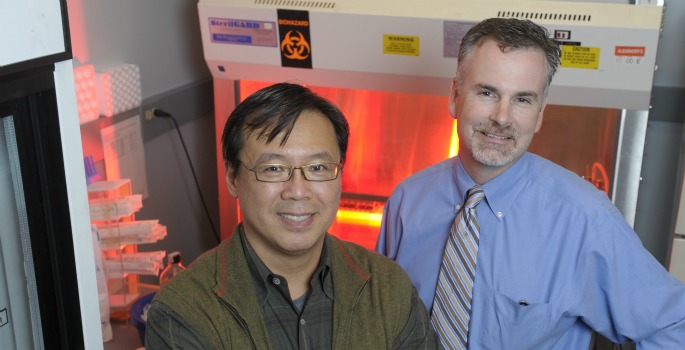
Heart protein may be target for colon cancer therapies
A protein critical in heart development may also play a part in colon cancer progression. Read MoreOct 7, 2011
-

Sex hormone may predict death
Changes in blood levels of the sex hormone estradiol may provide a clinically useful predictor of death in critically ill or injured patients. Read MoreJun 3, 2011